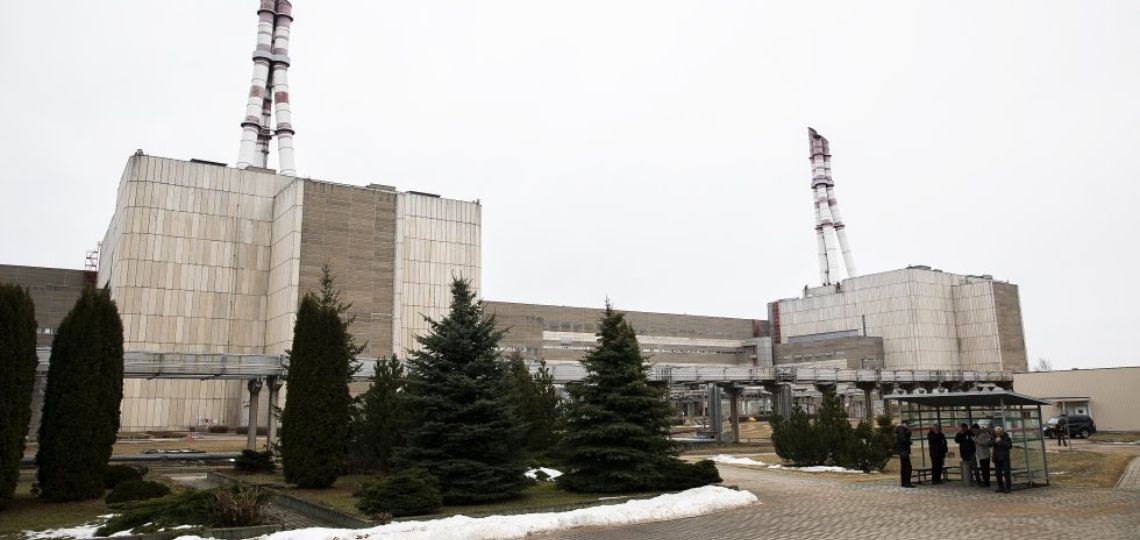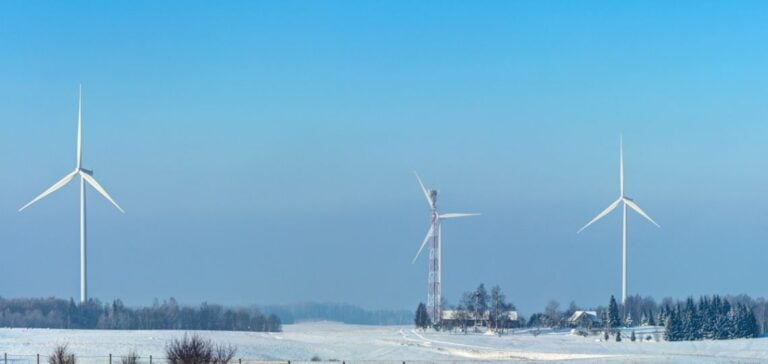Lithuania’s energy transition would enable the country to lead the energy revolution in the Baltic region, according to the IEA. Ultimately, the aim is to ensure energy security for the entire region, with a degree of autonomy thanks to renewable energies. A look back at the IEA’s report on energy in Lithuania in 2021.
Lithuania’s energy transition: carbon neutrality by 2050
According to theInternational Energy Agency (IEA), Lithuania has made significant progress towards its energy transition. However, the country will need to take action in several key sectors to accelerate its transition. The aim is to achieve carbon neutrality by 2050.
As Lithuania seeks membership of the IEA, the Agency examined the country’s energy transition process. In particular, by studying and analyzing the energy policies in place. This review showed that the latter had been strengthened, in particular by reforming the electricity market.
Progress towards carbon neutrality
Lithuania’s journey towards energy transition is considerable, with a drop in carbon emissions from power generation. The country is on a par with the IEA leaders when it comes to the share ofrenewable energy in electricity production. Following the closure of the Ignalina power plant, the country had to import electricity.
Since then, significant progress has been made in producing sustainable energy. 80% of district heating comes from biomass, and onshorewind power and dosing systems are growing fast. Despite this, the country’s CO2 emissions have risen by 9% since 2009, mainly due to the transport sector.
So, to achieve carbon neutrality, the country will have to reverse this trend and redouble its efforts. In particular, climate issues will be given greater consideration in government decision-making processes. The country’s progress will be monitored by the IEA.

Increase investment in renewable energies
To maintain its target, Lithuania must increase its investment in renewable energies. This will increase the competitiveness of the country’s industries. The IEA believes thathydrogen, onshorewind and batteries can play an active role in Lithuania’s energy transition.
One of the shortcomings, according to the IEA, is the slowdown in the development of energy efficiency. Contrary to the government’s objective of reducing energy consumption by 60%, energy consumption is actually on the rise. The IEA believes that energy efficiency must be the government’s top priority.
The Agency has also identified other areas for development. These include more stringent energy performance standards and energy taxes aimed at reducing energy consumption and emissions. Lithuania recently adopted a long-term renovation strategy along these lines.
And this, promoting e-mobility, electrification, biofuels and the corresponding structures.
100% renewable electricity by 2050
Lithuania is aiming for 100% electricity by 2050. This calls for a flexible electricity grid and market, capable of adapting to different renewable energy sources. The IEA advises the country to adopt flexible and sustainable public policies to attract investment.
She also advises the government to focus on the untapped potential of Lithuania’s vast forests. These could act as carbon sinks. They could also be a potential driver of the regional biomass and bioenergy market.
As the Lithuanian economy recovers from the economic crisis of 2020, a rebound effect is expected. An increase in emissions is anticipated, particularly in the construction and transport sectors. The policies implemented in these sectors are critical to Lithuania’s energy transition process.
Privatizing the renewable energy sector?
The aim is to enable the private sector to drive the renewable energies sector. The IEA recommends auctioning renewable,hydrogen and storage technologies. Lithuania has consistently emphasized the importance of energy security in its energy strategy and regional commitments.
The country hopes that membership of the IEA will enable it to enhance its energy security, particularly in terms of oil, gas and electricity. The Baltic region has an emerging gas market, with infrastructure connectivity between the countries in the region. IEA urges Lithuania to buy gas interconnections between the country and Poland. This will enable it to join the regional gas market.
An energy transition to reduce energy dependency
Lithuania has been a net importer of electricity since 2010. The country hopes to produce 70% of its own electricity. All the Baltic countries are keen to reduce this dependence, while security of energy supply is an absolute priority. This has been the case since the Baltic States stopped importing Belarusian electricity. They plan to synchronize their power grids with those of continental Europe by 2025.
In short, Lithuania will have to increase its investment in renewable energies to meet its ambitious targets. Encouragingly, 80% of district heating is already supplied by onshore wind power and biomass. What’s more, if Lithuania joins the IEA as a member, the confidence of the private sector will only increase.






















